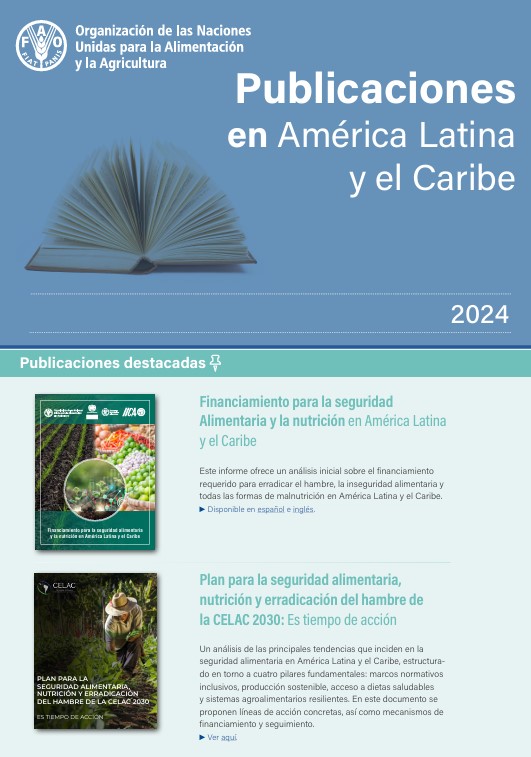Publications
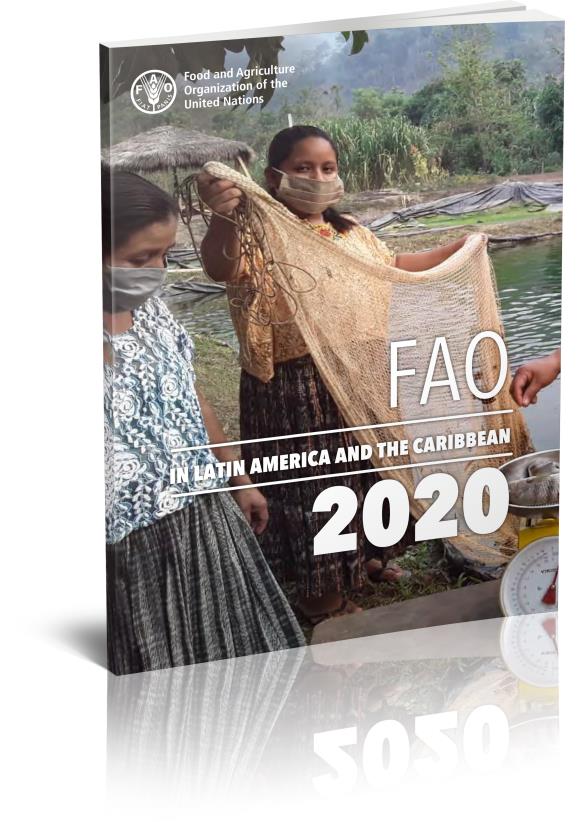
FAO in Latin American and the Caribbean 2020
20/04/2021
In this report, FAO illustrates the progress in fulfilling the mandate given to us by the Member Countries. The results included in this document are important, but partial, examples of our work.
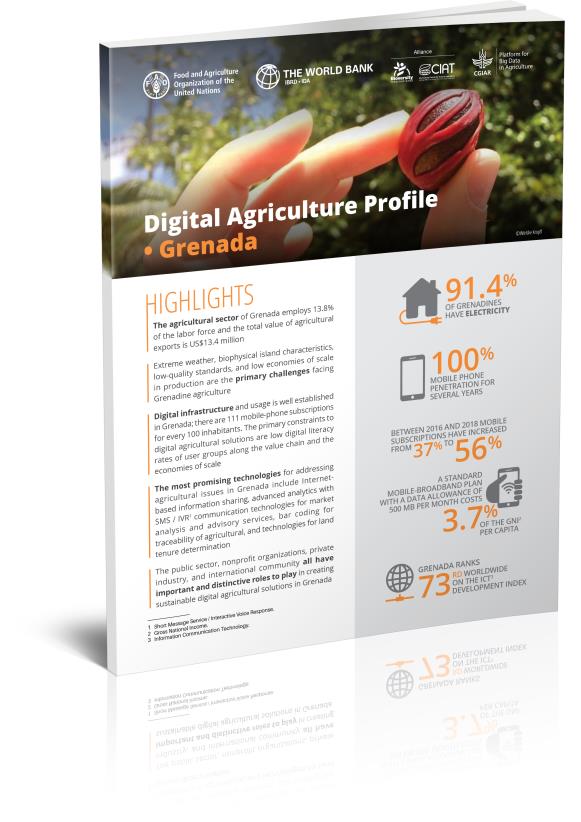
Granada - Digital Agriculture Profile Grenada
16/04/2021
Digital technologies are slowly spreading in agriculture sectors globally. But their adoption is hampered by the digital divide which requires significant public investments, improved policy and incentive frameworks to be bridged. Only after that, digital transformation will take place at scale.
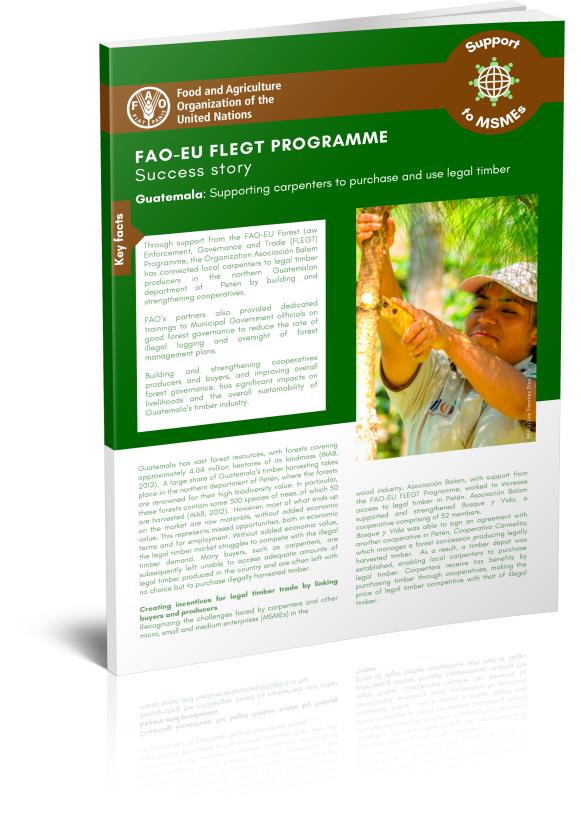
Guatemala: Supporting carpenters to purchase and use legal timber
16/04/2021
Through support from the FAO-EU Forest Law Enforcement, Governance and Trade (FLEGT) Programme, the Organization Asociación Balam has connected local carpenters to legal timber producers in the northern Guatemalan department of Petén by building and strengthening cooperatives.
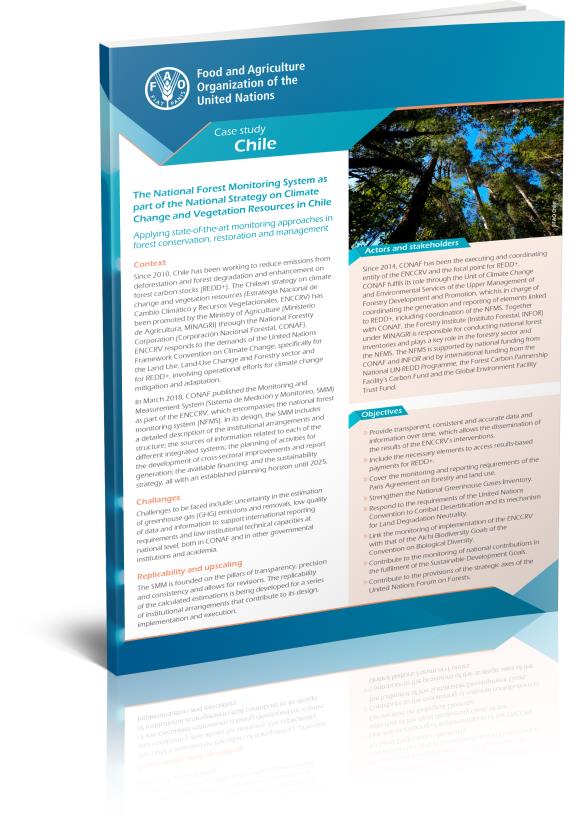
The National Forest Monitoring System as part of the National Strategy on Climate Change and Vegetation Resources in Chile
16/04/2021
This case study from Chile applies state-of-the-art monitoring approaches to forest conservation, restoration and managment. It offers a glimpse into Chile's efforts to reduce emissions from deforestation and forest degradation and enhancement on forest carbon stocks (REDD+).
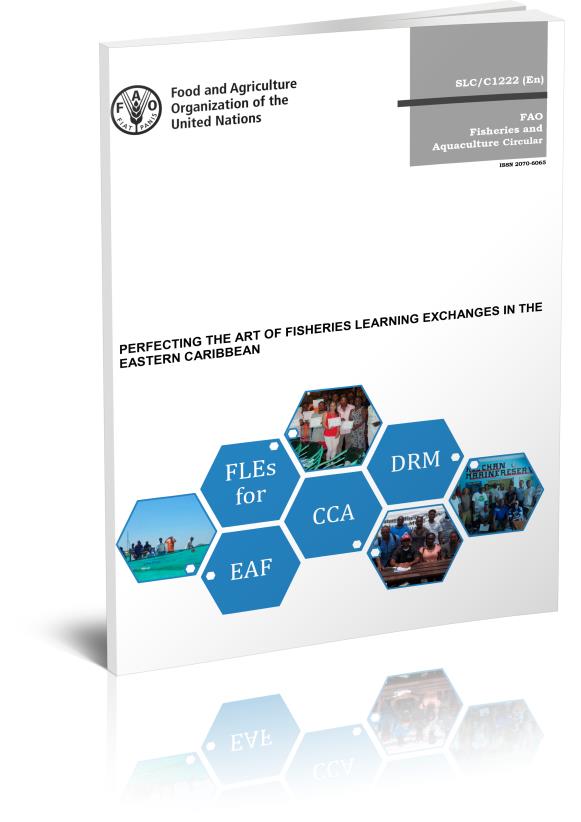
Caribbean: Perfecting the art of fisheries learning exchanges in the Eastern Caribbean
31/03/2021
There is increasing awareness of the need for, and a growing movement to apply, the ecosystem approach to fisheries (EAF) and develop sustainable linkages between climate change adaptation (CCA) and disaster risk management (DRM). Fisheries learning exchanges (FLEs) can be useful for enhancing fisheries management that is guided by these concepts. In the Caribbean there exists little guidance on FLEs that focus on the concepts of EAF, CCA and DRM.
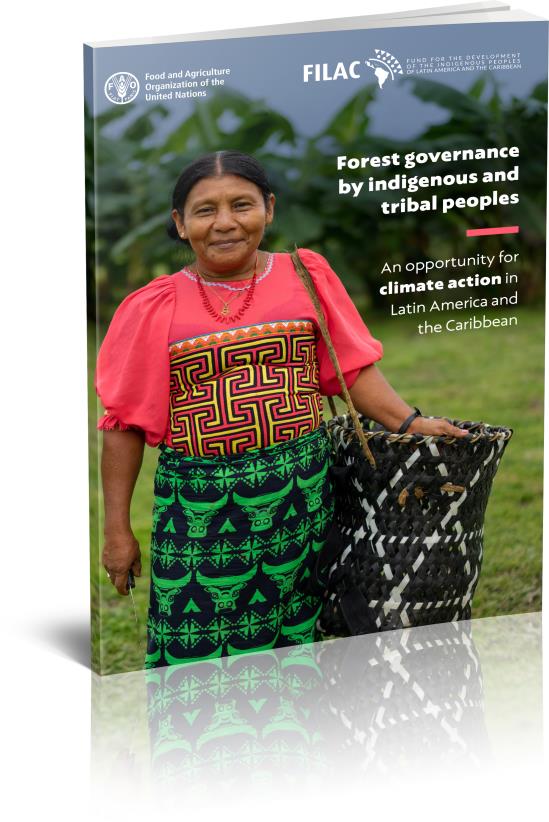
Forest governance by indigenous and tribal peoples. An opportunity for climate action in Latin America and the Caribbean
25/03/2021
The document summarizes the report that, based on a review of more than 250 studies, demonstrates the importance and urgency of climate action to protect the forests of the indigenous and tribal territories of Latin America as well as the indigenous and tribal peoples who protect them. These territories contain about a third of the continent's forests. That's 14% of the carbon stored in tropical forests around the world; These territories are also home to an enormous diversity of wild fauna and flora and play a key role in stabilizing the local and regional climate.
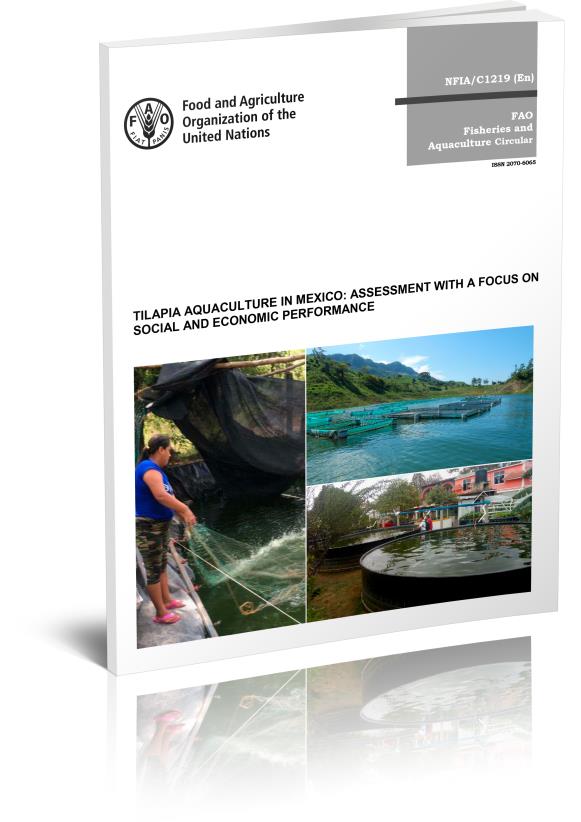
Tilapia Aquaculture in Mexico - Assessment with a focus on social and economic performance
01/03/2021
The world tilapia aquaculture production grew from 380 000 tonnes in 1990 to 6 million tonnes in 2018, making it the fourth-largest species group in global aquaculture. Tilapias are the second-largest species group in Mexico’s aquaculture with its 53 000 tonnes of production contributing to around 20 percent of the 247 000 tonnes of total aquaculture production in 2018.

